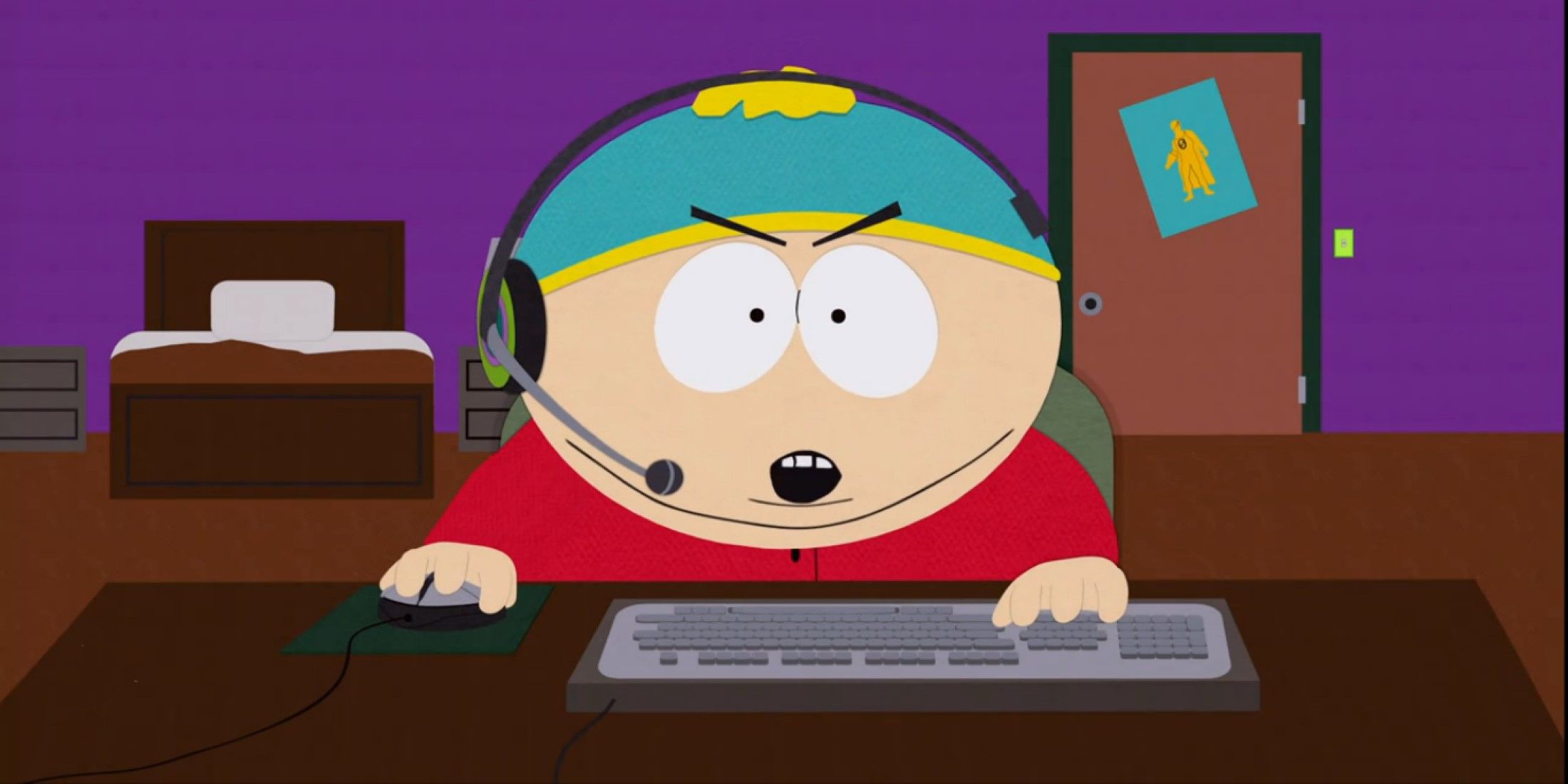Entertainment
Rieko, Joe and why rugby must embrace villains in entertainment era

Sport needs heroes and villains.
Rugby is often shy, perhaps due to its traditional roots, of embracing controversy.
Compared to other competing codes rugby’s numerous documentaries rarely probe far enough behind the scenes, or into the heart of pressing issues, to offer genuine revelations that spark appeal beyond established supporters.
This month’s northern tour Tests, though, prove the value of breaking rugby’s inherent conservative shackles to stoke the pre and post-game flames.
Maintaining rugby values – those built on teamwork, sportsmanship, integrity and respect – are a noble pursuit.
There’s no need to completely abandon tradition but so, too, must rugby realise that heroes alone won’t engage wider audiences and reach untapped global fans.
Controversy, personality, sells too.
Villains are good for the game.
While American sport exudes swag, confidence and arrogance rugby tends to cast anyone who puffs out their chest, celebrates too much or puts their head above the parapet as a pariah.
In a media-trained, cliche driven landscape where they remain atop the local sporting apex, New Zealand rugby players are among the blandest culprits – rarely, if ever, deviating from the well-worn script.
This is why All Blacks centre Rieko Ioane stands out from his peers.
Ioane is clearly comfortable courting the limelight.
The revenge and bad blood narrative marked the All Blacks and Ireland rematch in Dublin last weekend as one of the most anticipated Tests of the year.
Ioane’s role in the pantomime emerged from telling Irish legend Johnny Sexton to not miss his flight home and to enjoy retirement following the All Blacks’ memorable World Cup quarterfinal triumph in Paris last year.
Depending on where your allegiance lies you may view Ioane’s comments anywhere on the disrespectful to sporting theatre spectrum.
Irish loose forward Peter O’Mahony, of course, was another chief protagonist after calling former All Blacks captain Sam Cane a poor man’s Richie McCaw two years ago in New Zealand.
Punch and counter punch.
Before the rematch in Dublin, after Sexton reignited the feud while promoting his autobiography Obsessed, Ioane made a social media post with a joker card above his head, and the Zombie song by The Cranberries that features the lyrics ‘in your head’ adopted by Ireland during last year’s World Cup.
The All Blacks, on this occasion, embraced Ioane’s villain status to hand him the honour of leading the haka in Dublin. Ioane then summoned his best performance of the year.
After the All Blacks’ double digit victory, and the most notable scalp of Scott Robertson’s tenure, Ioane said in a post-match interview: “Feelings were hurt, stuff was said but I’m just here to play footy and win games.” He then, however, shared his true feelings in another social media post directed at Sexton that said: “Put that in the book.”
Like or loathe Ioane’s confrontational approach, you cannot deny he significantly enhances the lure of the next All Blacks-Ireland contest. Other examples of northern tour controversy cultivating interest includes now retired English prop Joe Marler claiming the All Blacks ‘ridiculous haka needs binning’.
While criticising the haka is a tired trope – and Marler’s delivery was all kinds of wrong – his central point, albeit poorly conveyed, provoked England to advance on the haka at Twickenham and set the crowd alight.
With Marler lighting a fuse, a match that pales in comparative coverage to English football was elevated well beyond its traditional audience.
The same outspoken English theme extends to former Test halfback Ben Youngs who claimed before the Wallabies stunned England at Twickenham last weekend that the visitors would be comfortably dispatched.
Youngs, speaking on the For The Love Of Rugby podcast, suggested next year’s British & Irish Lions tour should be shifted from Australia to South Africa and that the Wallabies had no chance at Twickenham: “Australia, don’t waste my time, do you know what I mean,” Youngs said.
Following the Wallabies’ underdog success Lukhan Salakaia-Loto named checked Youngs as the teams left the field at Twickenham and Fraser McReight hinted at the criticism, too.
Wallabies midfielder Len Ikitau, his confidence buoyed after executing the match-winning offload against England, delivered the most telling response by posting a video of Young’s comments with the caption “Say less” accompanied by shushing and zipped lips emojis.
Youngs, to his credit, accepted his humble pie while outlining the heat he’d copped from fans to Handre Pollard, Matt To’omua, Will Skelton and Samu Kerevi after the Wallabies’ win.
Such jibes and storylines may seem trivial on the surface but as rugby attempts to enter the entertainment age, the more past and present players are willing to engage in banter that sparks debate, the more eyeballs will flow.
Rugby doesn’t need to go as far as the WWE, boxing or the UFC but those sports understand they must promote their business to attract attention.
If rugby is serious about spreading its footprint and capturing the next generation it must be more than an on-field product. It can’t maintain an aversion to controversy and remain entrenched in traditional conservatism.
This northern tour offers a timely reminder that personality is to be embraced, not feared.
Villains can be victors too.










